The BRC, whose members include Asda, Sainsbury’s and Tesco, has instead set out six alternative reforms which it said are needed to create a “fit for the future” waste management system.
In a statement on Friday (21 April) the BRC said retailers are “committed to reducing waste and packaging” but want reforms that “truly deliver on these aims”. The body said its members are “deeply concerned” that EPR reform, due to come into force in April next year, is “fundamentally flawed”.
The statement read: “Without significant investment in recycling infrastructure in Britain, households in the UK could be footing the bill for EPR without any meaningful improvements to UK recycling rates – a prospect which has been absent in campaigning ahead of next month’s local elections.”
It added: “Major retailers are calling on Government to fix the policy. At a cost of at least £1.7bn per year, businesses want a world class new EPR scheme that significantly increases the use of recycled materials in new packaging as they try to meet their ambitious sustainability goals. Unfortunately, there is little confidence in DEFRA’s current proposals for EPR.”
This follows a letter sent to the Prime Minister, Rishi Sunak, in February calling for a rethink (see letsrecycle.com story).
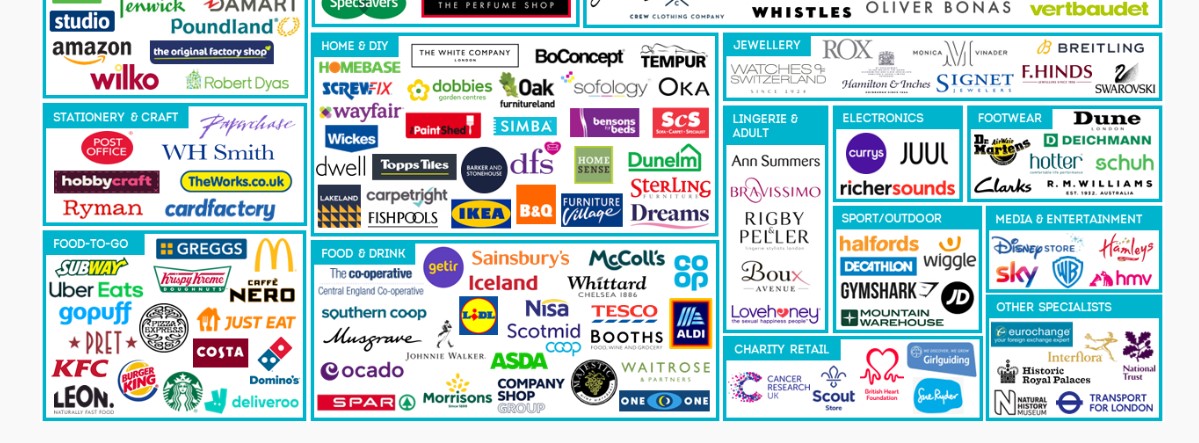
Alternative
While producer lobbying against EPR has been ramping up in recent months, the BRC took the unusual step of setting out the reforms it wishes to see
The BRC’s six point plan, outlined below, includes a call for government to link payments to improvements in local authority recycling improvements. This indicates there could be some friction between councils and producers under the system, if the former is obliged to cover the costs of dealing with packaging but do not see recycling rates improve.
- Ringfenced funding to stimulate investment in the recycling system – All funds generated by EPR must be spent on the operation and investment in the UK recycling system.
- To be industry-led – Ensuring a cost-effective system that promotes a circular economy where materials are recycled, only to be reused as future recyclable materials.
- A clear and workable plan for delivery – Rethinking the current timetable to facilitate improvements to the proposed system. Clearer information on the fees required for different materials.
- Co-ordination with other waste management reforms – EPR only makes sense if done alongside improvements to household waste collection. Once this is in place, the UK should consider a new deposit return scheme to fill any gaps.
- To be cost-effective for households and businesses – Given the £1.7bn expected cost of a reformed packaging EPR, Government should link payments to improvements in local authority recycling performance.
- Alignment across local authorities and devolved businesses – Alignment in recycling/ collection systems across the UK to help consumers recycle effectively and allow national-level messaging on products and through the media
In a further sign of potential friction between producers and local authorities, the BRC added that EPR proposals fail to set out how an effective recycling system will be created in the UK, “including how EPR funds would be ring-fenced to stop local councils diverting funds away from recycling to other budget streams”.
“Only by protecting these recycling revenues will the UK be able to drive the scale of investment needed to upgrade our recycling infrastructure and deliver long-term growth for local recycling capabilities,” the BRC added.
‘Drawing board’
Helen Dickinson, chief executive of the British Retail Consortium, said: “It’s time that Government went back to the drawing board. We have the opportunity to get it right on the future of a waste management scheme that will determine UK recycling rates for a generation. We want to see a scheme which improves recycling in the UK and ensures a steady supply of recyclable material that can be reused for future packaging.
“Under existing proposals, funding meant for UK recycling could end up servicing local authority debt or be put to uses which do not improve our national recycling infrastructure. Government’s haste to introduce a new system is undermining the system itself. It’s time to work with retailers and manufacturers to ensure the public get a world class recycling system that collects and processes as much recyclable material as possible.”





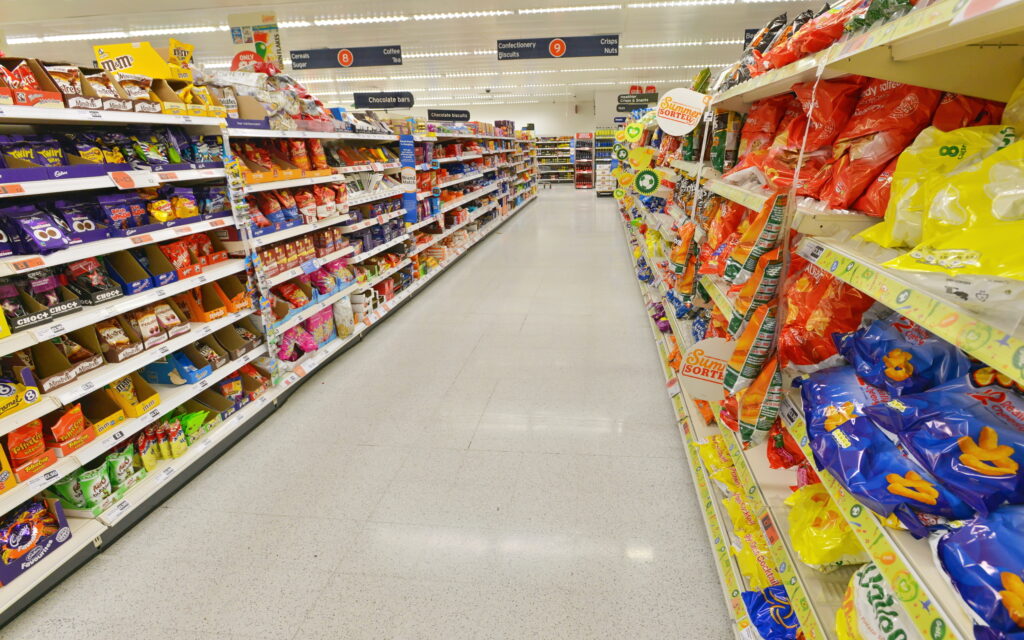
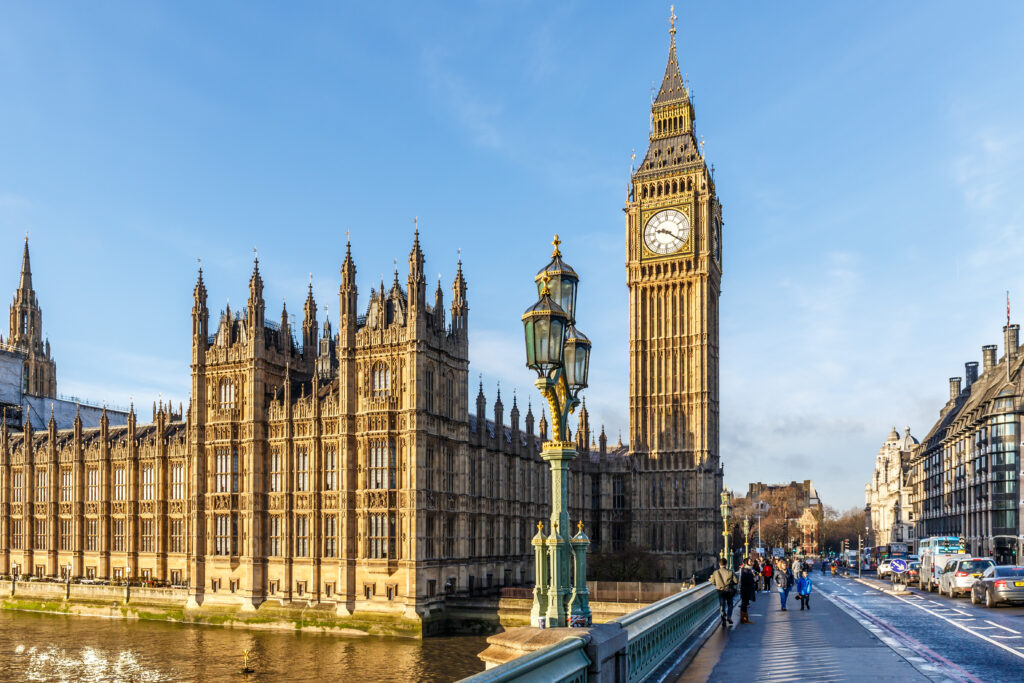
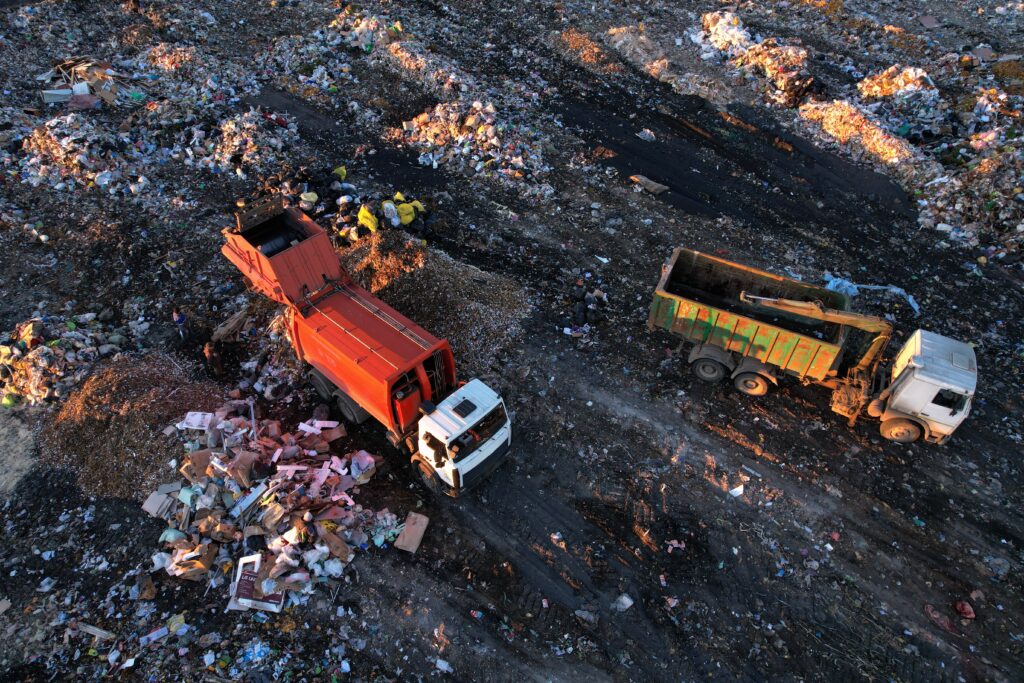
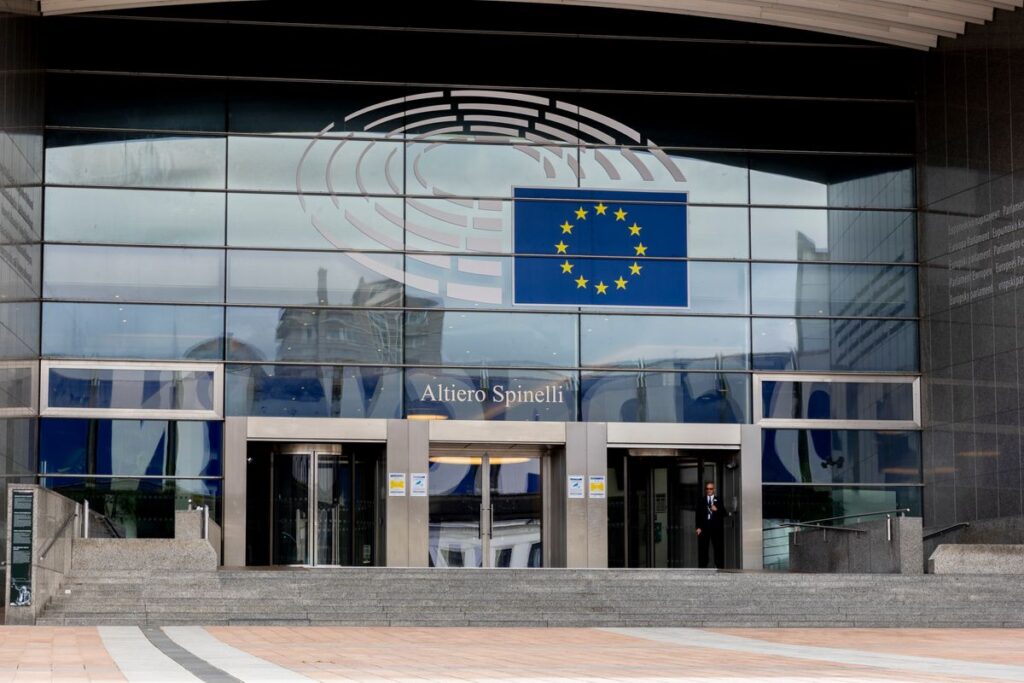
Subscribe for free